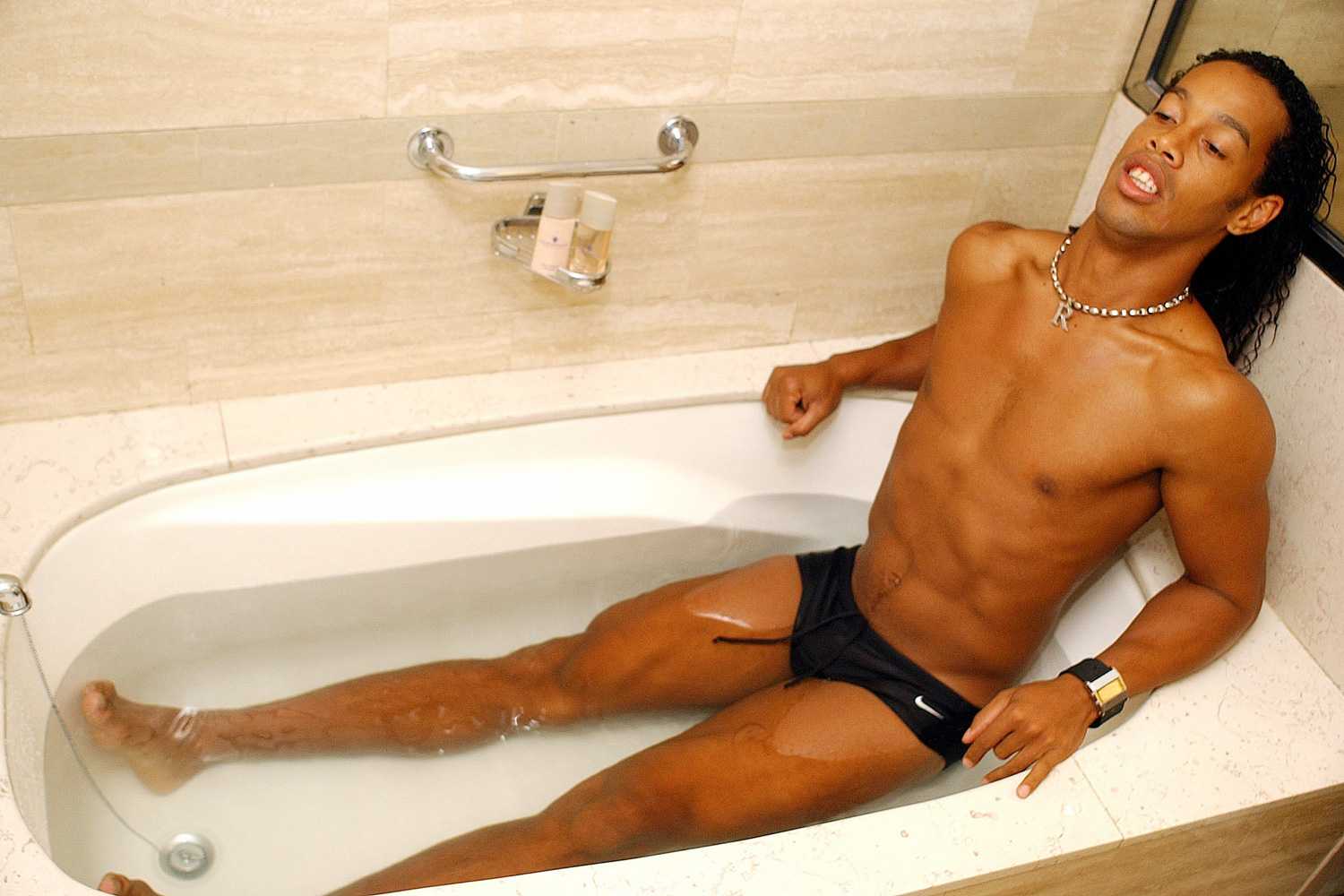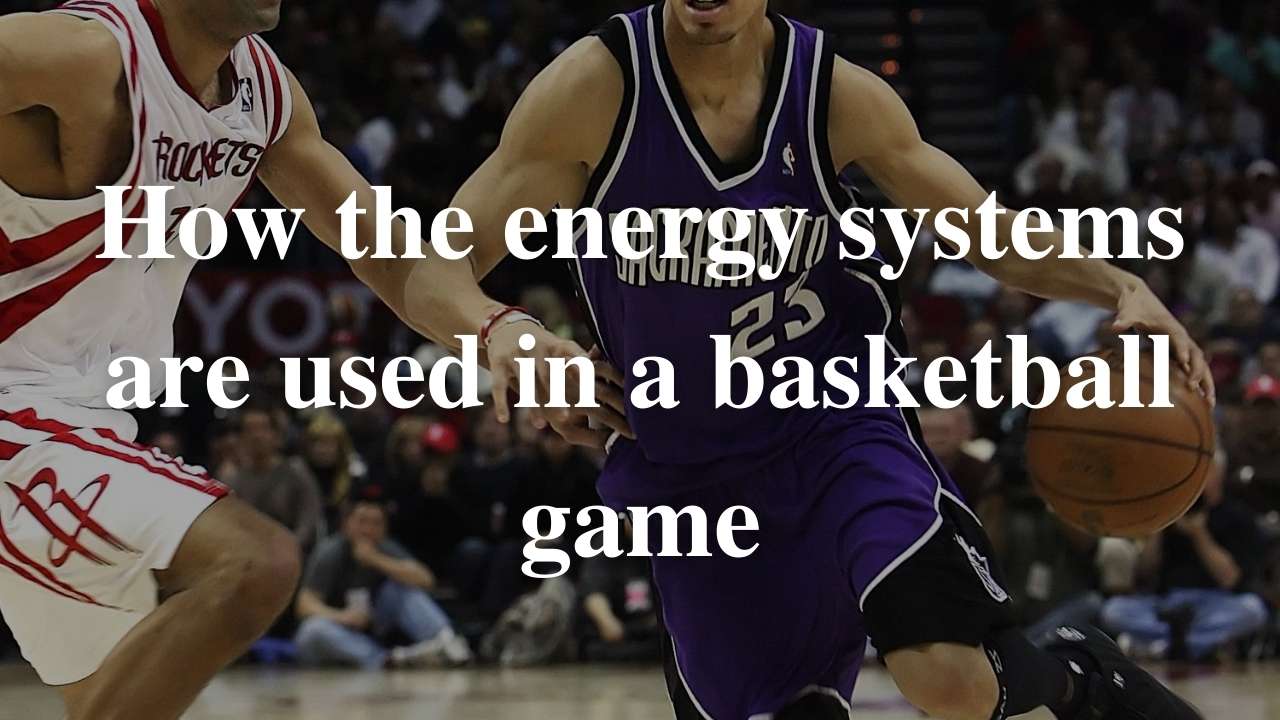This article: Do ice baths work? is written in response to the recent article published in the Telegraph in the UK. This article’s title: “Ice baths, treatment of choice for Andy Murray and Mo Farah, do not help post-exercise recovery – new research” seems to claim more than the author of the research and the article itself, which can be accessed here.
The research conducted by Roberts et al did not actually look to see if ice baths actually increase recovery rates. Instead, the study aimed to see if ice baths affected long term adaptations to strength training. That is, do ice baths help increase hypertrophy and strength gains or not. In addition to this, the article only compared ice baths with active recovery, with no control group who did neither, and no combined group who did both.
There have been many studies into cold water immersion, so let me provide a brief summary of a few of these studies that I found easily on Google Scholar. Mostly the studies say that cold water immersion is good at reducing DOMS.
For example Bleakley et al concluded:
There was some evidence that cold-water immersion reduces delayed onset muscle soreness after exercise compared with passive interventions involving rest or no intervention.[1]
Notice this study had a group with no intervention. The findings of this article are backed up by Ascensão et al:
The results suggest that cold water immersion immediately after a one-off soccer match reduces muscle damage and discomfort, possibly contributing to a faster recovery of neuromuscular function.[2]
When it comes to cycling and repeated performance Vaile et al concluded:
All cold water immersion protocols were effective in reducing thermal strain and were more effective in maintaining subsequent high-intensity cycling performance than active recovery.[3]
However, not every article agrees. In 1998 Eston and Peters concluded:
We conclude that although cold water immersion may reduce muscle stiffness and the amount of post-exercise damage after strenuous eccentric activity, there appears to be no effect on the perception of tenderness and strength loss, which is characteristic after this form of activity.[4]
Rowsell et al also indicated some mixed results:
These results suggest that immediate post-match cold-water immersion does not affect physical test performance or indices of muscle damage and inflammation but does reduce the perception of general fatigue and leg soreness between matches in tournaments.[5]
Probably the most comprehensive study I found (in the 15 minutes I spent looking) was the review written by Leeder et al in 2011. This review states:
This review illustrates that CWI is an effective strategy to reduce DOMS following a range of exercise types, yet the mechanisms remain elusive. While the effects of CWI on recovery of muscle function were less clear, the positive effects of alleviating soreness with a large body of evidence endorses utilisation of CWI.[6]
So, do ice baths work? I think that depends on what you want them to do. If you want to know if ice baths help to reduce muscle soreness, then yes. If you are looking for the ice bath to help maintain performance or help recovery for repeated exercise, then there is evidence saying it either helps or makes no difference. However, if you think the ice bath is going to help you to train harder and improve your muscle strength then the answer is probably no.
Now let me encourage you to do some of your own research. Pull up Google Scholar or something similar and search to see if you can find some more up-to-date reviews or studies (after 2011) that look at the effects of cold water immersion on recovery as you answer the question: do ice baths work? (you could also go to our page on cryotherapy)
References
[1] Chris Bleakley; Suzanne McDonough; Evie Gardner; David G. Baxter; Ty J. Hopkins; Gareth W. Davison (2012) Cold-water immersion (cryotherapy) for preventing and treating muscle soreness after exercise. Sao Paulo Med. J. vol.130 no.5 accessed at http://www.scielo.br/scielo.php?pid=S1516-31802012000500015&script=sci_arttext on 6/2/17
[2] António Ascensão , Marco Leite , António N. Rebelo , Sérgio Magalhäes & José Magalhäes (2011). Effects of cold water immersion on the recovery of physical performance and muscle damage following a one-off soccer match. Journal of Sports Science vol.29 no.3 accessed at http://shapeamerica.tandfonline.com/doi/abs/10.1080/02640414.2010.526132 on 6/2/17
[3] Joanna Vaile , Shona Halson , Nicholas Gill & Brian Dawson (2008) Effect of cold water immersion on repeat cycling performance and thermoregulation in the heat. Journal of Sports Science vol.26 no.5 accessed at http://shapeamerica.tandfonline.com/doi/abs/10.1080/02640410701567425 on 6/2/17.
[4] Roger Eston and Daniel Peters (1999). Effects of cold water immersion on the symptoms of exercise-induced muscle damage. Journal of Sports Sciences vol.17 no.23 accessed at https://www.researchgate.net/profile/Roger_Eston/publication/12937369_Effects_of_cold_water_immersion_on_the_symptoms_of_exercise-induced_muscle_damage/links/54460ab40cf2f14fb80f0d9b.pdf on 6/7/17
[5] Greg J. Rowsell , Aaron J. Coutts , Peter Reaburn and Stephen Hill-Haas (2009). Effects of cold-water immersion on physical performance between successive matches in high-performance junior male soccer players. Journal of Sports Science vol.27 no.6 accessed at http://shapeamerica.tandfonline.com/doi/abs/10.1080/02640410802603855 on 6/7/17
[6] Jonathan Leeder, Conor Gissane, Ken van Someren, Warren Gregson, and Glyn Howatson (2011). Cold water immersion and recovery from strenuous exercise: a meta-analysis. British Medical Journal September accessed at https://www.researchgate.net/publication/51674878_Cold_water_immersion_and_recovery_from_strenuous_exercise_A_meta-analysis on 6/2/17






